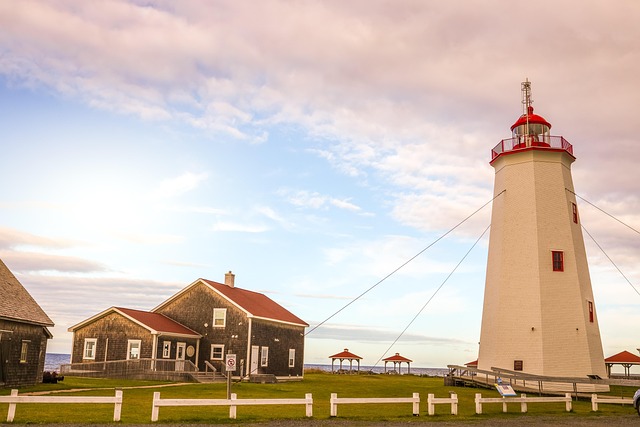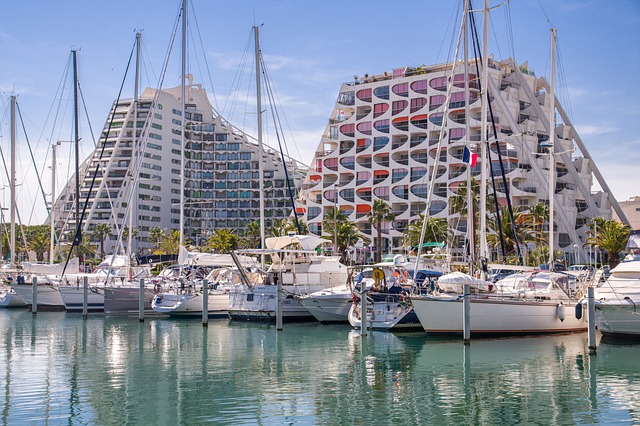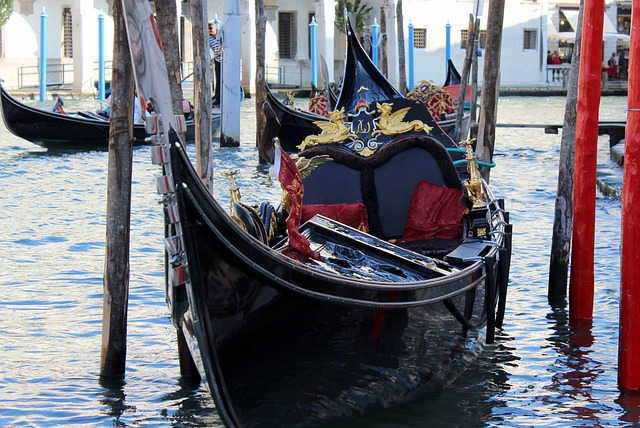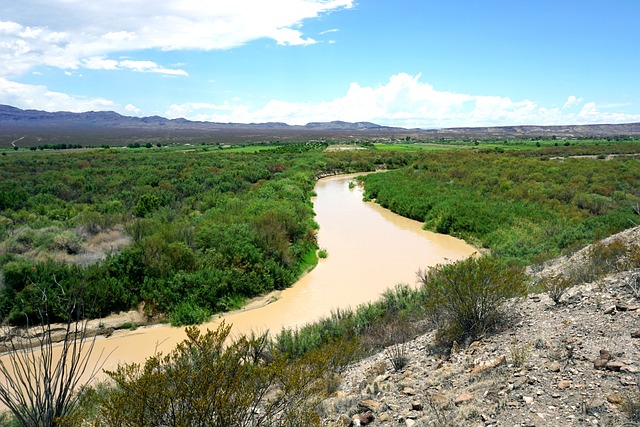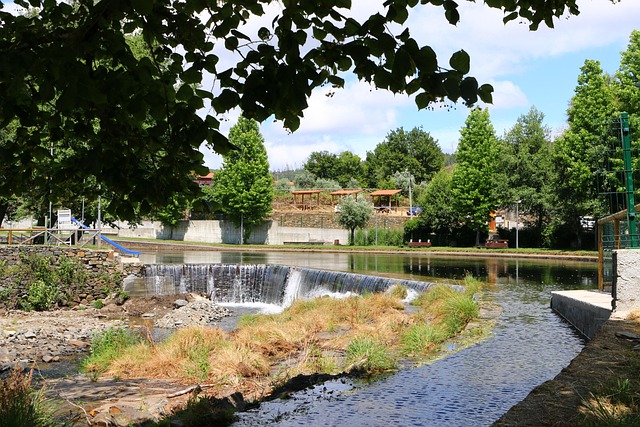Cultural festivals drive community growth and economic vitality by showcasing diverse traditions, cuisines, and arts, attracting locals and visitors alike. These events significantly impact real estate markets through increased footfall and property value appreciation, making communities with thriving cultural scenes more desirable for investors and buyers. Festivals also stimulate development, leading to improved infrastructure and amenities that benefit the local real estate landscape. By enhancing urban spaces and boosting local economies, well-planned festivals become powerful tools for city developers and a captivating way to explore diverse cultures and foster community connections.
Cultural events and festivals are vibrant beacons that illuminate communities, fostering connections and enriching lives. From music and arts celebrations to heritage festivals, these gatherings have a profound impact on local cultures and economies, including real estate markets. This article delves into the transformative power of cultural festivals, exploring their effects on communities, economic significance, and their potential to revitalize urban spaces, drawing investors and tourists alike.
The Impact of Cultural Festivals on Local Communities and Real Estate Markets
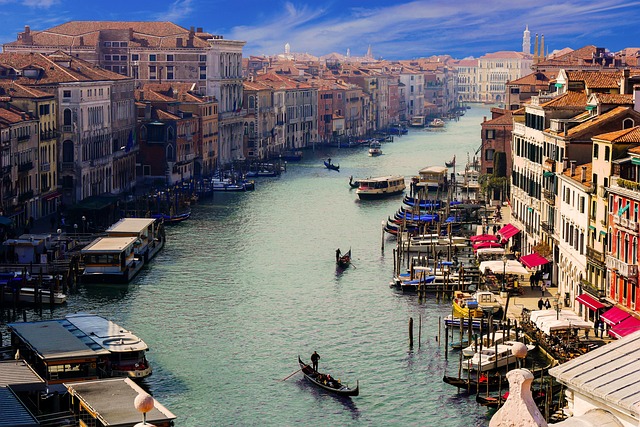
Cultural festivals have a profound impact on local communities, fostering a sense of belonging and pride. They bring people together, celebrating diverse traditions, cuisines, and arts, which enhances social cohesion and cultural understanding. These events often highlight unique aspects of a community’s heritage, attracting both locals and visitors alike, and contributing to the area’s identity. In terms of real estate, festivals can significantly influence local markets. Property values in festival-hosted areas tend to appreciate due to increased footfall and exposure. Investors and buyers are drawn to vibrant communities with thriving cultural scenes, recognizing the potential for year-round economic activity and a desirable quality of life. Festivals also encourage development, leading to new infrastructure and amenities that further boost the real estate landscape.
Exploring Diverse Cultural Events and Their Economic Significance
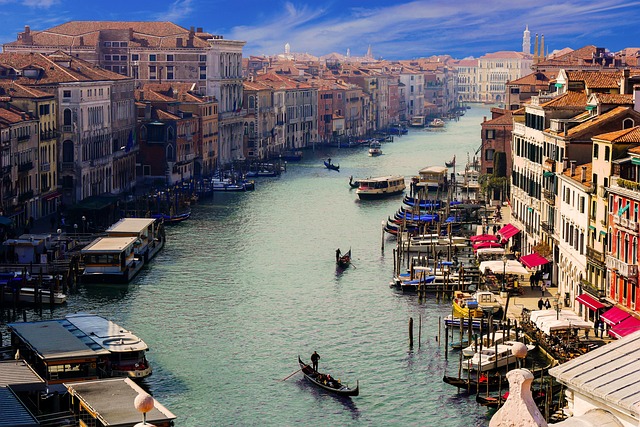
Exploring diverse cultural events and festivals offers a captivating glimpse into different communities, their traditions, and histories. These vibrant celebrations attract locals and tourists alike, fostering a sense of belonging and connection. In today’s competitive travel market, cities with rich cultural offerings often stand out, drawing visitors seeking unique experiences. For instance, a city renowned for its annual music festival or colorful street parade becomes a must-visit destination, boosting the local tourism industry and real estate market.
The economic significance of these events goes beyond attracting visitors. They actively contribute to the local economy by creating employment opportunities, increasing foot traffic in downtown areas, and stimulating spending at nearby businesses. This positive impact extends to the real estate sector, as areas known for their cultural festivals often experience higher property values and rental rates due to increased desirability and demand.
How Festival Planning Can Revitalize Urban Spaces and Attract Investors
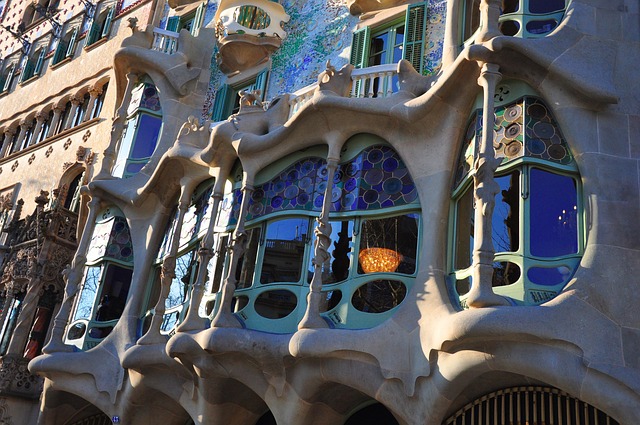
Festival planning plays a pivotal role in revitalizing urban spaces, transforming them into vibrant hubs of activity and cultural exchange. These events attract large crowds, bringing life to often underutilized areas. By curating unique experiences that celebrate local heritage or showcase diverse art forms, festivals can spark interest from investors looking for promising real estate opportunities. The buzz created by these gatherings stimulates local economies, with businesses benefiting from increased footfall and exposure.
Well-planned festivals also enhance the reputation of cities, positioning them as cultural destinations. This can lead to a positive feedback loop where improved urban spaces attract more events, further boosting the area’s desirability for both residents and investors. Ultimately, successful festival planning becomes a powerful tool for city developers, fostering economic growth and creating thriving communities.
